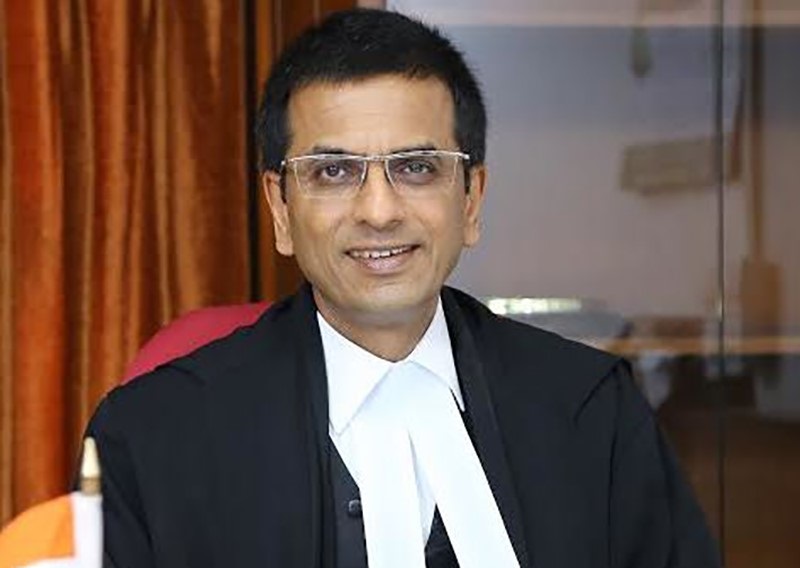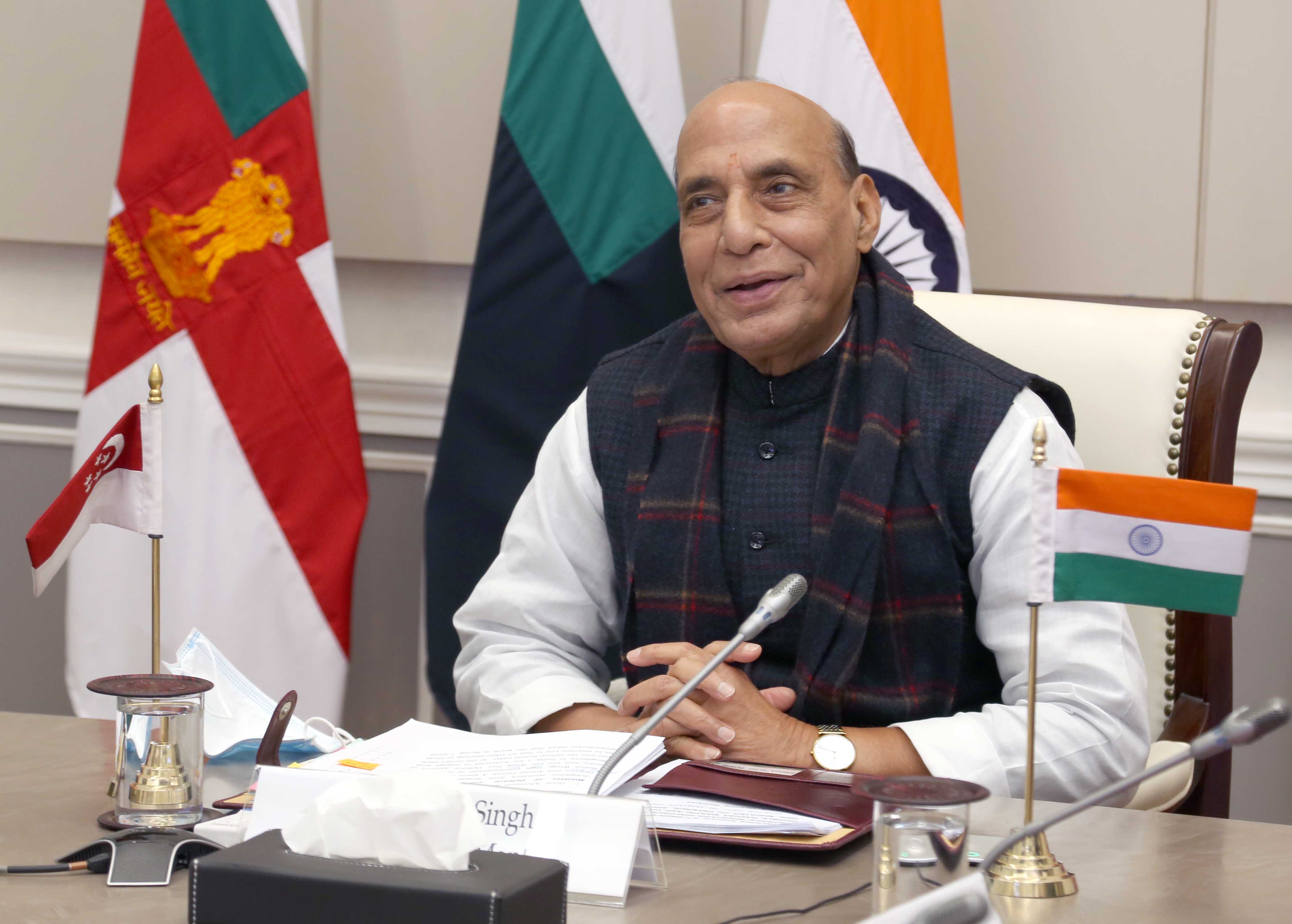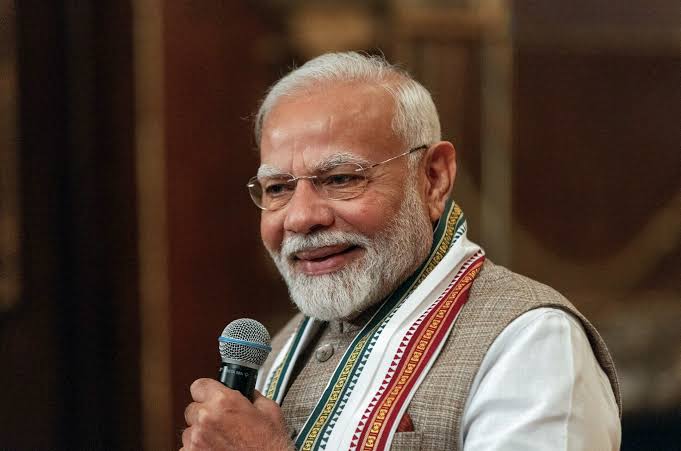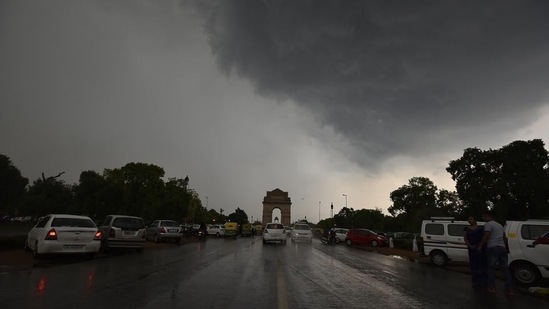In his final judgment before retiring, Chief Justice of India (CJI) DY Chandrachud strongly condemned the practice of “bulldozer justice,” warning against the danger of selective demolitions being used as acts of reprisal. He argued that such unlawful actions undermine the rule of law and called for accountability of state officials involved in executing or sanctioning these demolitions.
 Justice Chandrachud, who will officially retire on November 10, emphasized that citizens’ homes are a fundamental right that must be protected by law. In his verdict, he stressed that demolitions should never be carried out without following due process, especially in cases where individuals are accused of criminal activities but not afforded a fair trial or a chance to defend their property.
Justice Chandrachud, who will officially retire on November 10, emphasized that citizens’ homes are a fundamental right that must be protected by law. In his verdict, he stressed that demolitions should never be carried out without following due process, especially in cases where individuals are accused of criminal activities but not afforded a fair trial or a chance to defend their property.
“Justice through bulldozers is unknown to any civilized system of jurisprudence,” Justice Chandrachud wrote. He highlighted the grave risks posed by allowing state authorities to engage in selective demolitions, which could be used for extraneous reasons such as punishing dissent or political opposition.
The Supreme Court had been dealing with several cases related to the controversial use of bulldozers to demolish properties allegedly linked to individuals accused of crimes. This practice has raised significant concerns about human rights and due process. Justice Chandrachud pointed out that such actions, which threaten to destroy citizens’ homes, are an assault on their basic security and violate their fundamental rights.
“Citizens’ voices cannot be silenced by the threat of destroying their properties and homesteads. The ultimate security which a human being possesses is to the homestead,” he stated, reinforcing the importance of safeguarding people’s homes against arbitrary state action.
In the November 6 ruling, Justice Chandrachud proposed the establishment of clear procedural safeguards that must be followed before demolitions can take place. He insisted that any action against private or public property must be backed by due process of law, warning that without such protections, the constitutional right to property under Article 300A could be rendered meaningless.
The ruling also emphasized that public officials who engage in or authorize such unlawful demolitions should face disciplinary and criminal sanctions. “Public accountability for public officials must be the norm,” Justice Chandrachud stated, urging that any infractions of the law be met with consequences.
The case at hand involved the demolition of the ancestral home of journalist Manoj Tibrewal Akash in Uttar Pradesh’s Maharajganj in 2019. Akash’s property was demolished without proper notice or compensation, sparking widespread outrage. This case exemplified the dangers of unchecked executive power and the misuse of bulldozer justice, which has been particularly contentious in recent years.
Justice Chandrachud, who took over as the 50th Chief Justice of India in November 2022, concluded his tenure with a strong affirmation of constitutional principles, underscoring that the state’s actions must always be governed by the rule of law.
As he steps down after a distinguished tenure, his final verdict reflects his unwavering commitment to protecting fundamental rights and upholding judicial accountability.




